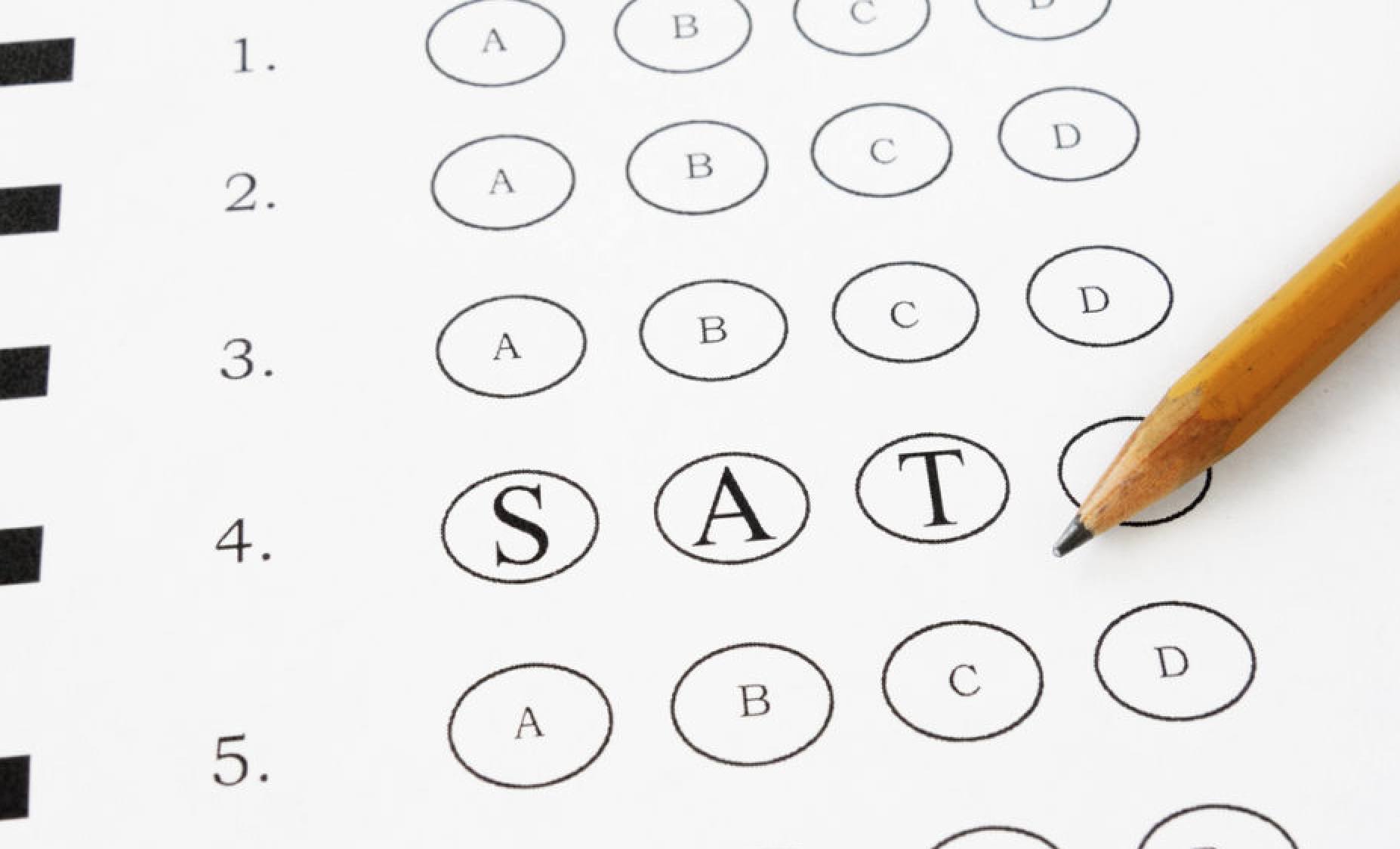 It can be overwhelming to think about studying for the SAT or ACT. Where do you even start? In this post, I’ll outline a few key strategies to guide you through your test preparation.
It can be overwhelming to think about studying for the SAT or ACT. Where do you even start? In this post, I’ll outline a few key strategies to guide you through your test preparation.
1. Give yourself time
No matter how secure you feel in your math and language skills entering junior or senior year, you should leave yourself more time than you expect to prepare for these exams. Even if you’ve aced your high school classes, there are probably at least a few skills you’ll need to brush up on (Remember logarithm rules? Misplaced modifiers?). If you’re already strong in these subjects, that’s great! But you’ll also need time to get familiar with the structure and pacing of the exam, so you can show off your skills at your full potential. The amount of time needed to feel secure will vary for each person, but I would recommend taking a practice exam early junior year, so you can assess which areas will need the most attention, and making a plan for moving forward. Junior year is busy! Between a full course load, AP exams, sports, and other extracurriculars (and hopefully a little quality time with friends and family!), it can feel impossible to fit in one more obligation. But if you start preparing for standardized tests early on, you can pace yourself and avoid feeling overwhelmed in the few weeks before your exam.
2. Study efficiently
With free practice tests available online (if you didn’t already know this, they are amazing resources!), it can be tempting to take as many practice tests as you can, especially right before your exam. While it’s important to take practice exams as part of your preparation, that shouldn’t be your entire preparation strategy. It is equally important to analyze your results and use this process to focus your studying where it’s most needed. You can certainly do this yourself by analyzing the mistakes you make and making a list of the skills involved in the relevant questions (Did you miss questions about comma placement? Systems of equations? Are you running out of time on the science section of the ACT?). Then, drill these particular skills and sections, rather than jumping straight into another full practice test. This kind of review is also where an SAT or ACT tutor can be extremely helpful; a big part of my job as a tutor is to analyze your homework results and create a plan for you to focus on the most important skills and strategies first (and then, of course, to help you better understand and master them!)
3. Create an effective study environment
Again, I know you’re busy. I remember days in high school when I would get home from an away game at 7 pm to eat dinner and start my regular homework, not getting to SAT prep until almost midnight. You might have heard this somewhere before, but it’s also important to be well-rested to do your best work and enjoy your experiences! When you’re in the middle of test preparation, you’ll need to spend a little more time planning ahead. Plan out your weekly schedule in advance so you can make your SAT/ACT homework a priority on the days you do it. For example, if one week your tutor assigns you a full practice test and some other homework, choose two days during the week that you will prioritize this work so you get the most out of it. Maybe one day you’ll spend 45 minutes doing some targeted math homework, and then a different day you’ll set aside a 4-hour block to take a full practice exam. Plan this schedule ahead of time so you’ll have an uninterrupted chunk of time to focus solely on your test prep. Try to find a quiet place during the day (not late at night) where you won’t be interrupted -- preferably your home, rather than study hall or a crowded coffee shop. If you’re struggling to find a quiet place, there are also many free libraries across NYC that have quiet reading rooms – sometimes you can even reserve a private room ahead of time. Once you’ve secured a comfy and quiet spot, put your phone on Do Not Disturb, so you can time your practice tests without being distracted by other notifications. Even if you don’t open your texts, you might be distracted seeing the notifications and it could affect your focus!
4. Build stamina so you can eventually simulate test conditions
Speaking of distractions, it can be difficult to focus for four straight hours on anything, let alone on a mentally exhausting exam. You are not alone in finding this overwhelming! After you take an initial diagnostic exam, don’t start your preparation by taking more full exams at once. Instead, start with smaller sections, like one-timed SAT section in one sitting, eventually increasing it to two sections at a time, etc. Always give yourself breaks when you’re studying. It is also always a good idea to time yourself whenever you’re taking a practice test, whether you’re doing just one section or a full exam. As you approach the actual exam, make sure you do take at least 1-2 full practice tests simulating testing conditions, with accurate timing and breaks. At this point, you’ll have been steadily building up your stamina and familiarity with the test, and taking a full exam won’t feel nearly as overwhelming!
5. Know that it’s okay to be nervous
It’s really okay to be nervous! Standardized tests are a big deal. You’ve been studying hard and you want it to pay off. In my experience, I’ve learned that the best way to “deal” with nerves is to realize that they’re normal and not as big a deal as you might think. Just acknowledging that it’s normal to feel nervous usually puts you more at ease, rather than stressing over how to stop being nervous (which often just compounds the nerves!). Know that you’re well prepared and keep in mind the strategies you’ve been working on with your tutor or by yourself, and that extra adrenaline on test day will actually help your focus and stamina. You might even realize that you feel excited to show off your hard work!

Comments